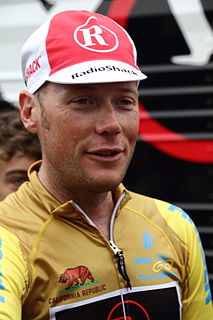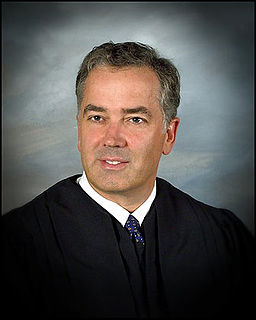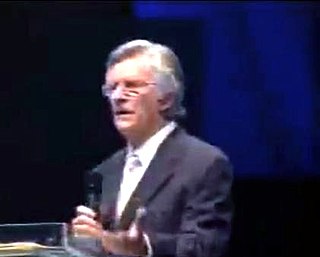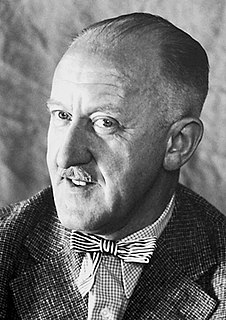A Quote by Edward de Bono
Argument is meant to reveal the truth, not to create it.
Related Quotes
There is nothing - no program, no hobby, no vice, no crime - that does not 'create jobs'. Tsunamis, computer viruses and shooting convenience store clerks all 'create jobs'. So that claim misses the plot; it applies to all so is an argument in favor of none. Instead of an argument on the merits, it is an admission that one has no such arguments.
How often have I been guilty of being the Holy Spirit in their lives? It is my job along with my husbands to impart truth but I can’t reveal truth only the Holy Spirit can. It is my job to point out sin and require obedience but I can’t bring conviction of sin – only the Holy Spirit can convict of sin. It is my job to share the gospel – but I can’t reveal the gospel to my children only the Holy Spirit can reveal the truth of the gospel.
It is commonly said that if rational argument is so seldom the cause of conviction, philosophical apologists must largely be wasting their shot. The premise is true, but the conclusion does not follow. For though argument does not create conviction, the lack of it destroys belief. What seems to be proved may not be embraced; but what no one shows the ability to defend is quickly abandoned. Rational argument does not create belief, but it maintains a climate in which belief may flourish.
It is good to remember that the goal of Buddhism is to create Buddhas, not Buddhists, as the goal of Christianity is to create Christs, not Christians. In the same vein, my teachings are not meant to acquire followers or imitators, but to awaken beings to eternal truth and thus to awakened life and living.
Truths emerge from facts, but they dip forward into facts again and add to them; which facts again create or reveal new truth (the word is indifferent) and so on indefinitely. The 'facts' themselves meanwhile are not true. They simply are. Truth is the function of the beliefs that start and terminate among them.





































